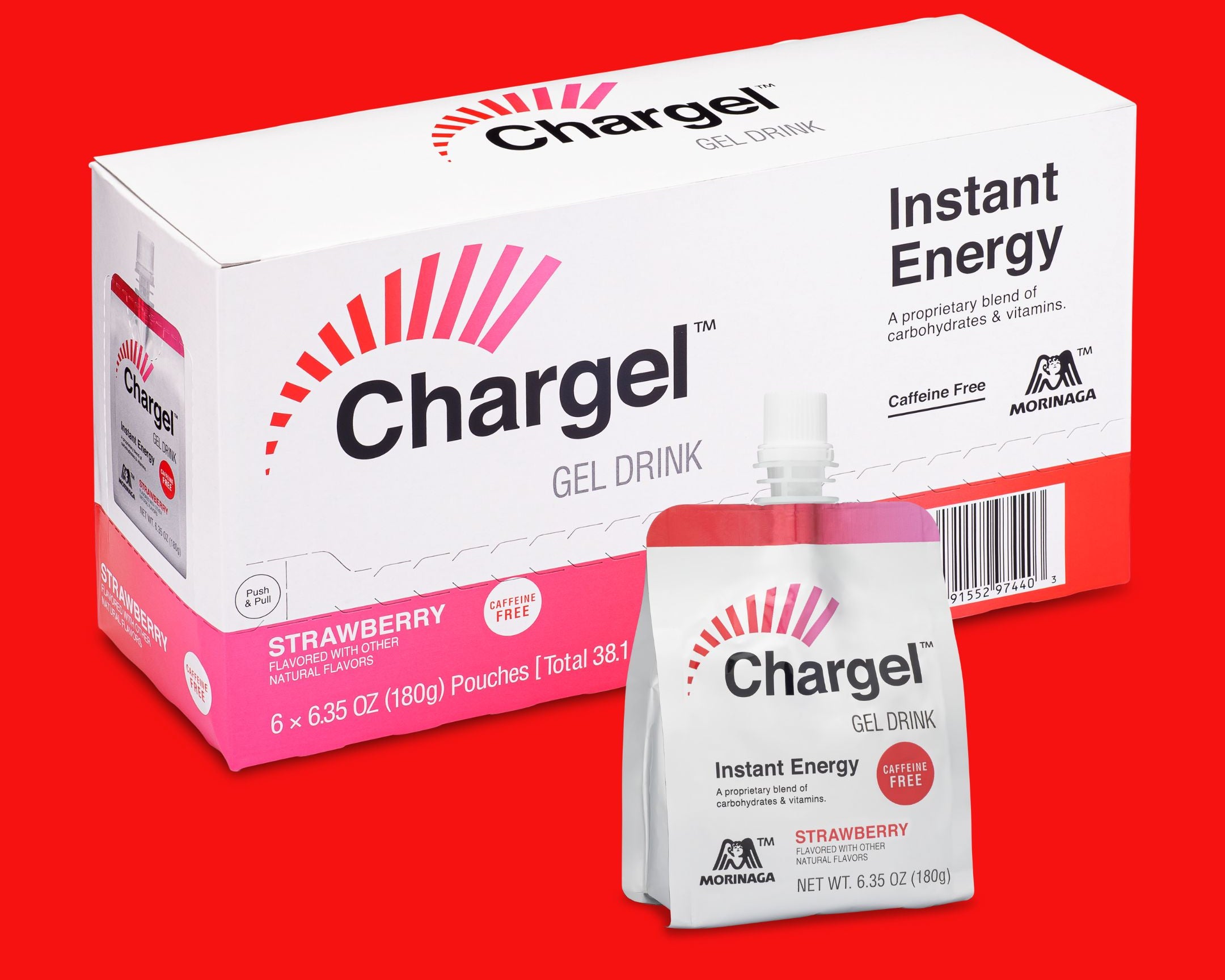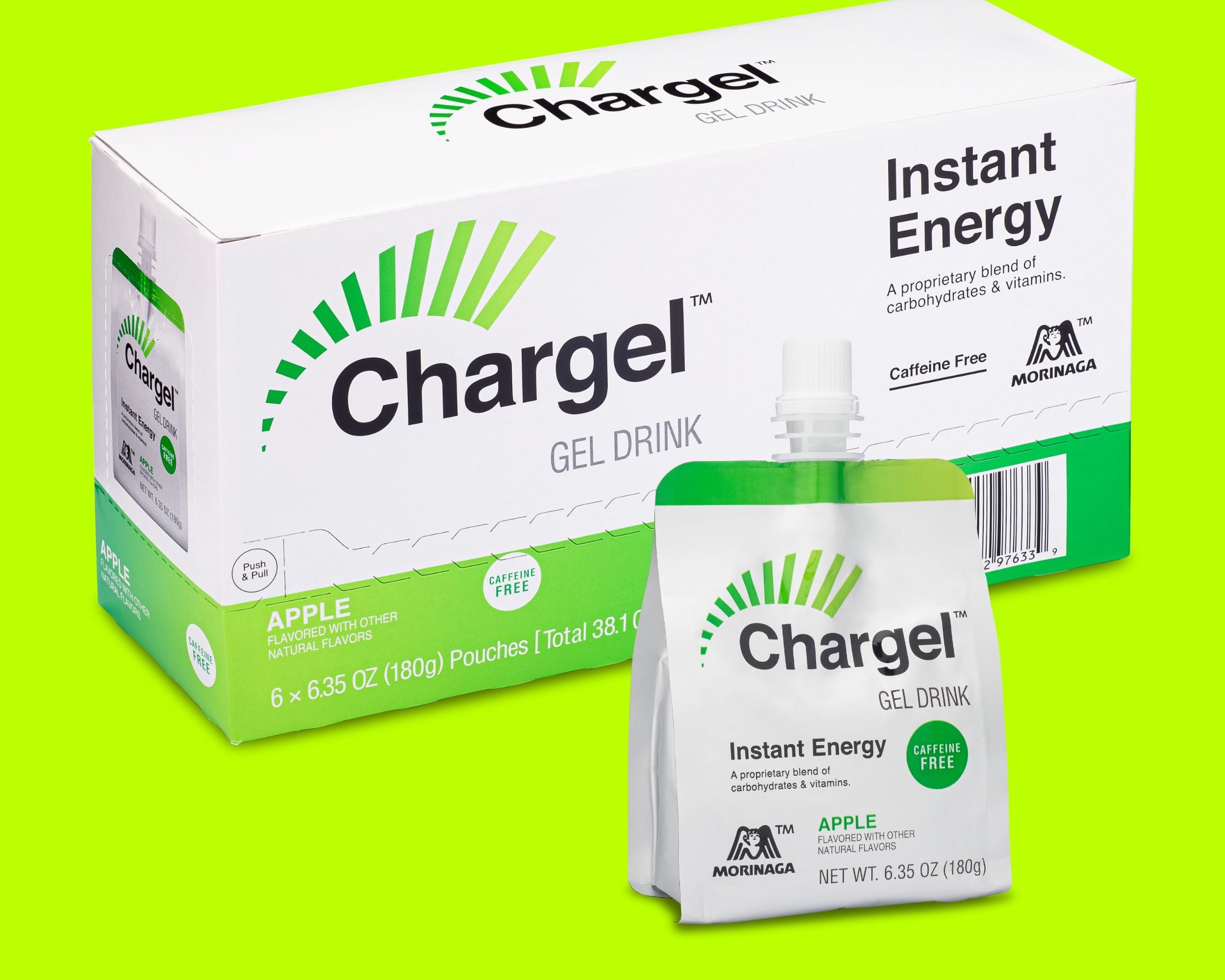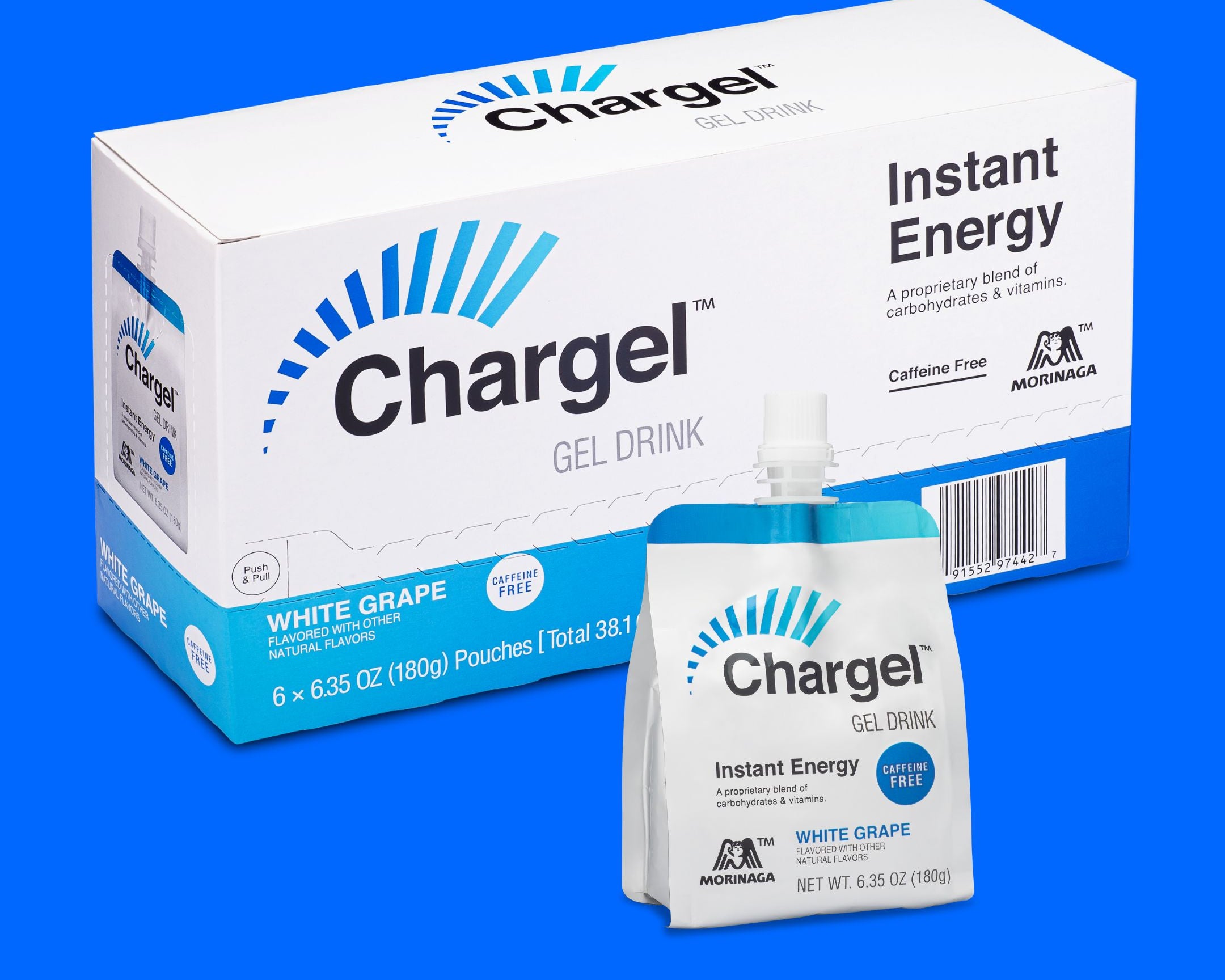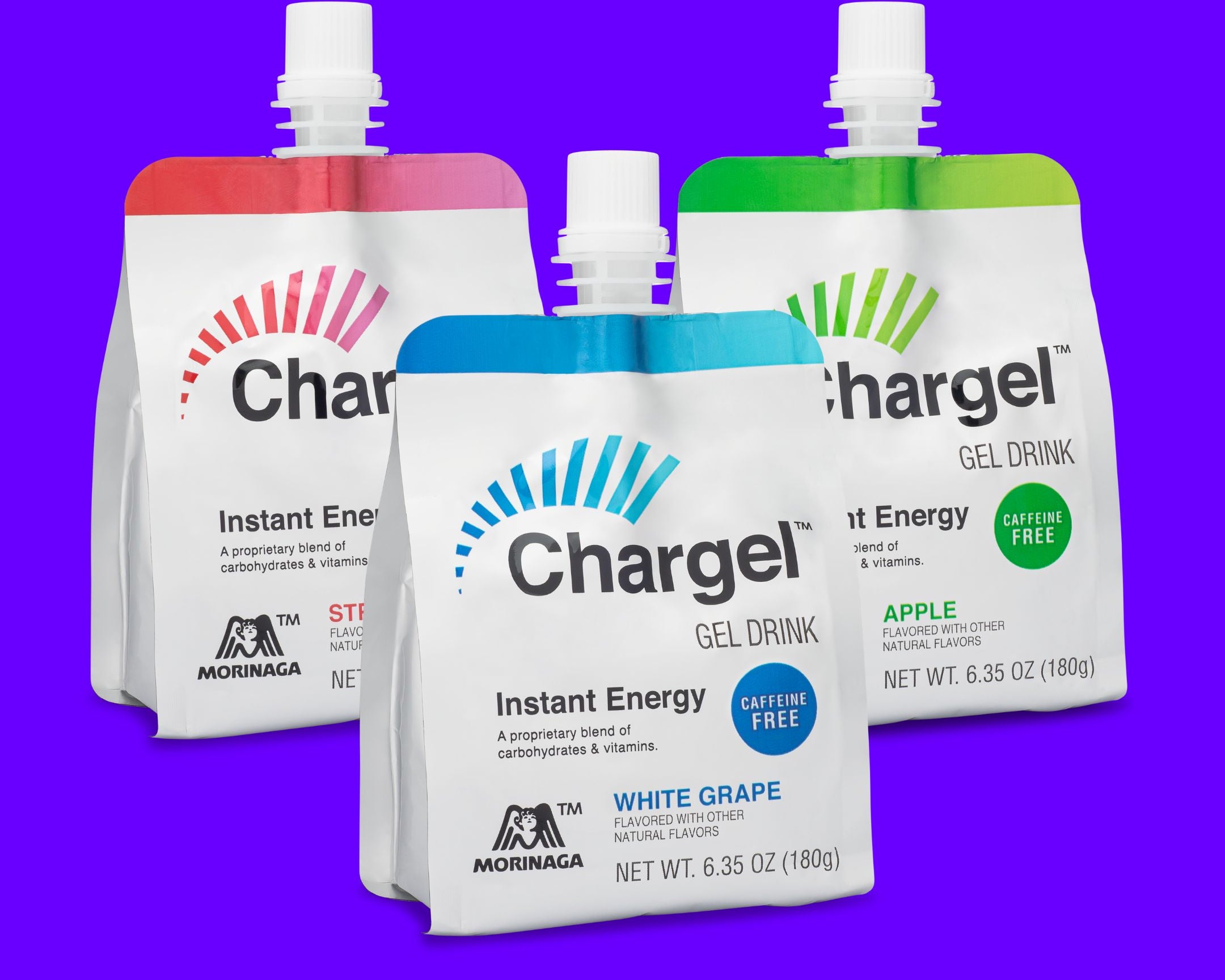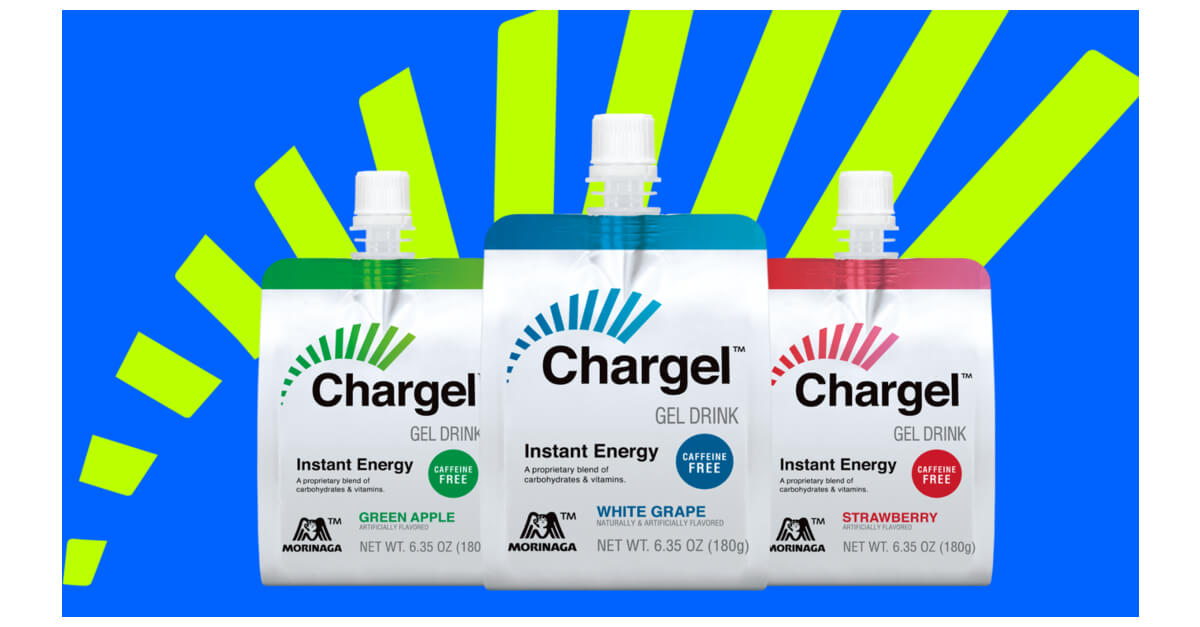On game day, professional athletes don’t leave anything to chance — and that includes what’s on their plate. Every meal, snack, and sip is carefully planned to power their bodies, sharpen focus, and set them up for peak performance. Strategic fueling before, during, and after competition helps boost endurance, reduce injury risk, and keep athletes strong all season long.
This article breaks down what pro athletes eat and drink the day before, on game day, and after the final whistle to stay at the top of their game.
The Day Before: Building the Energy Base
Success starts long before game time. The day prior, athletes focus on maximizing glycogen stores — the body’s primary source of quick, usable energy.
Carb-Rich Foods Are Key: Healthy carbohydrate sources like rice, potatoes, oats, bread, fruit, and fruit juice provide fuel for working muscles and help maintain stamina. Many athletes follow a personalized carbohydrate target, spreading intake across meals and snacks to support digestion and avoid energy spikes or crashes.
Protein & Fat for Balance: Lean proteins and healthy fats round out the day’s meals, supporting muscle repair and providing steady energy.
Hydration Starts Early: Proper hydration begins the day before, not just on game day. Staying well-hydrated supports temperature regulation, joint mobility, and reduces the risk of early fatigue. Many pros follow individualized hydration plans with specific fluid amounts and electrolyte strategies.
Pre-Game Meal: Topping Off Energy Stores
A few hours before the game — typically 2 to 3 hours — athletes eat their pre-game meal to top off glycogen levels and set the stage for sustained energy.
This pre-game meal is typically rich in carbohydrates, moderate in lean protein, and low in fat to support easy digestion and sustained energy. Timing is highly personal — some athletes prefer to eat earlier to allow for full digestion, while others eat closer to game time to prevent hunger. A well-balanced example might include a plate of rice with scrambled eggs and a small serving of avocado for healthy fat.

During the Game: Staying Fueled and Focused
Competition burns through energy quickly, so athletes rely on mid-game fueling to maintain stamina, agility, and mental focus. Sideline staples include water, energy gel for fuel (I recommend Chargel), and fruit, all of which provide quick, easily digestible carbohydrates. Players typically refuel at regular intervals — every 10 to 15 minutes during timeouts, halftime, and substitutions — to keep energy levels steady. These fueling strategies are often personalized, with sports dietitians and assistants tailoring plans to each athlete’s sweat rate, playing position, and individual preferences.
Post-Game Recovery: Rebuilding for the Next Performance
For athletes with back-to-back games or a demanding season schedule, recovery nutrition is essential. Within 30 minutes post-game, they typically have a protein- and carbohydrate-rich snack — such as a protein shake paired with a Chargel— to jumpstart muscle repair and replenish energy stores. A few hours later, a balanced meal like pasta with chicken and vegetables helps restore glycogen, support muscle recovery, and prepare the body for the next performance. Just as important, athletes continue rehydrating to replace fluids and electrolytes lost through sweat, ensuring full recovery before their next game.
This strategic approach to fueling ensures that professional athletes don’t just show up ready to play — they show up ready to win.

Author Profile: Kristen Arnold
Kristen Arnold MS, RDN, CSSD sports dietitian, cycling coach, Team USA Sports Director
kristen@arnoldrdn.com
IG: @sportsnutritionforwomen
